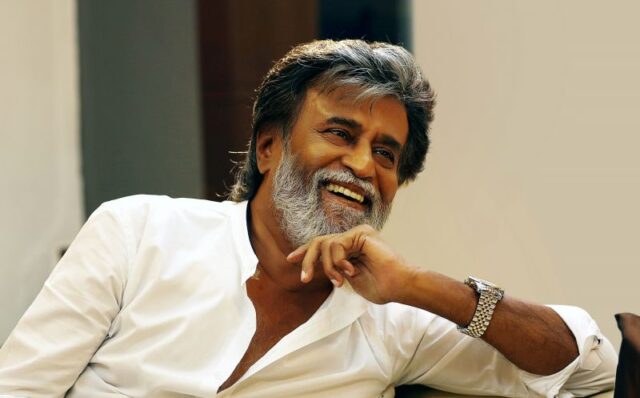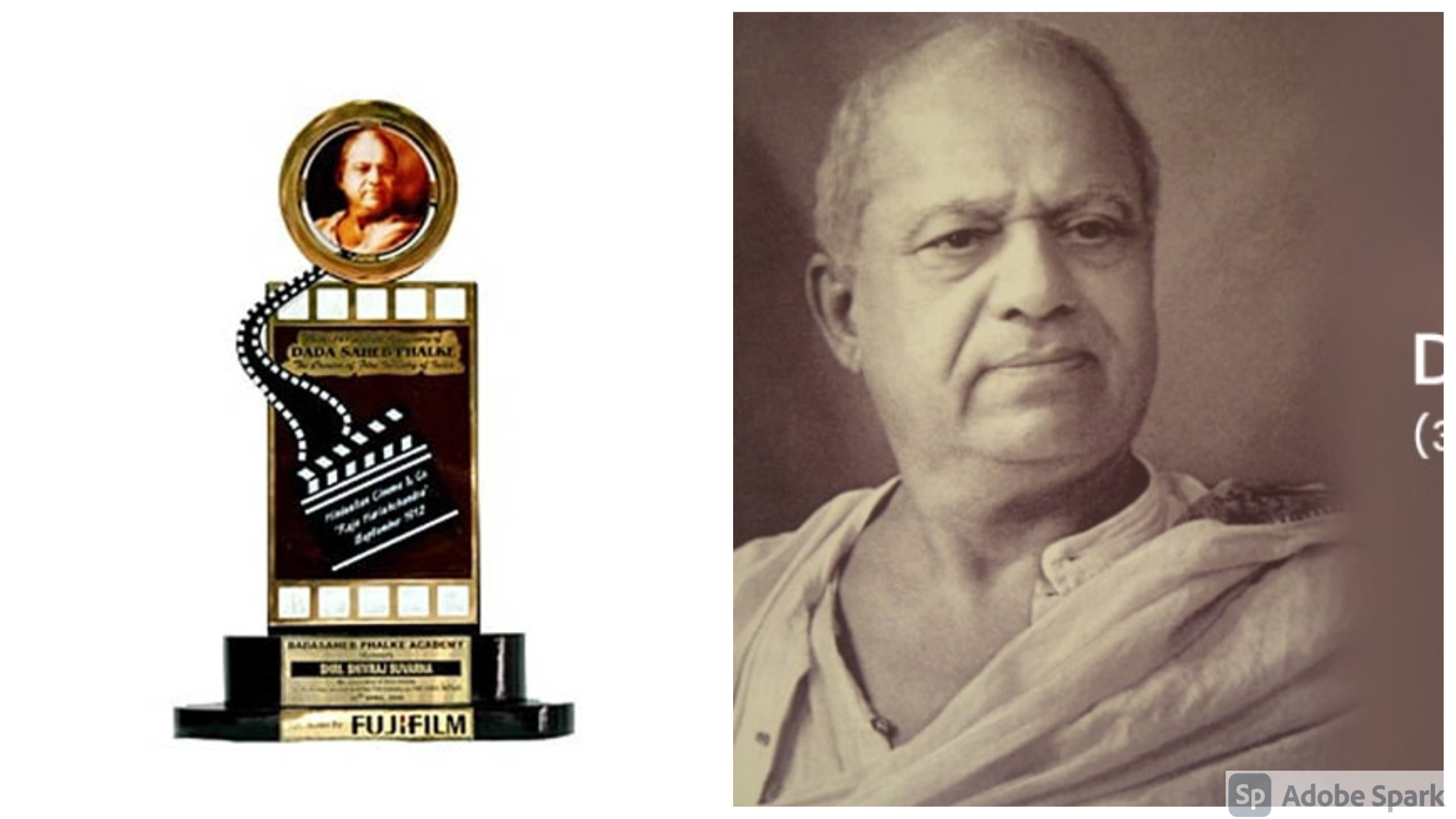The Dadasaheb Phalke Award is India’s highest award in the field of cinema. The honour of receiving it is considered to be the highest.
It is presented at the National Film Awards ceremony by the Directorate of Film Festivals and an organisation set up by the Ministry of Information and Broadcasting.
The recipient is honoured for their “outstanding contribution to the growth and development of Indian cinema” and is selected by a committee consisting of eminent personalities from the Indian film industry.
The award comprises a Swarna Kamal (Golden Lotus) medallion, a shawl, and a prize of ₹1,000,000.
Who Won It This Time?
On 1 April, the government announced the prestigious Dadasaheb Phalke Award for the year 2019 and it would be awarded to Rajinikanth for his contribution as an actor, producer and screenwriter.
For forty years now the actor has been an eminent personality of the Indian film industry and there is no doubt that he deserves it.

This time the award was decided by a jury consisting of five eminent members of the Indian film industry — Asha Bhonsle, director Subhash Ghai, Mohanlal, Shankar Mahadevan and actor Biswajeet Chatterjee. The award will be presented to Rajinikanth on May 3, 2021.
“For the past 50 years, Rajinikanth has been ruling the film industry. His work is like the sun. Through his talent and hard work, he has made a space for himself in the hearts of millions of people”, said Information and Broadcasting Minister Prakash Javadekar.
Is It Sexism Or Are Women Talentless?
A glaring question that pops up in our mind is that when was the last time that this award was given to a woman? 21 years ago, a woman was last deemed worthy of receiving this prestigious award.
After its inception, the first person to have received the award was the legendary actor Devika Rani in 1969. Ironic, isn’t it?
In the two decades, four more women have won it, all from the Hindi and Marathi cinema industries, with one Bengali industry winner.
The last woman to have received the award, 21 years ago, was Asha Bhosle in the year 2000. And shocking and upsetting as it may no woman has been worthy enough to receive it in the time being. Is this prestige just for men?
Read More: Back In Time: 75 Years Ago, The Father Of Indian Cinema Dadasaheb Phalke Passed Away
I am clueless about how exactly the recipient is chosen and on what basis, hopefully, it’s not based on the tail between one’s leg.
I don’t think I can believe that only actors, musicians, producers and directors, who are men have made ‘outstanding contribution to the growth and development of Indian cinema.’
Especially now, when the Indian film industry is giving equal status to women and with the talks of feminism and accurate female representations in movies, this matter is not benevolent. Influential women who are associated with the industry are even vocal about sexism and even demand equal pay.
It is not surprising that an award category that celebrates an individual’s lifetime contribution to the industry completely ignores women when only 2 percent of all cinematographers in the country are women; the Indian film industry made a separate category called “women-centric movies” because all the other movies are the male lead centric.
Exactly how many “women-centric movies” are released every year? How many women singers are encouraged or given the same respect? How many female directors are there exactly?
If the crew consists mostly of male members, then the content they will churn out becomes male-centric, there is no doubt in that.
59 percent of these films don’t have a single scene in which two named female characters are having a conversation that’s not about a man/men.
Whether it’s a Salman Khan or a Shah Rukh Khan movie, it is incomplete without a woman twerking or stripping to a vulgar, demeaning song, which Bollywood proudly calls an “item song”.
The list of women who have powered great cinema in this country is a long one, but the list of patriarchs pulling the strings seems to be a long and never-ending one.
Not just Indian cinema apparently sexism has become universal to just forget women’s contribution to the film industry. In the 2020 Oscars, none of the women directors was nominated.

After All, Who Was Dadasaheb Phalke?
At this point, I am too moved to say anything. But before I end this, I would like to remind everyone who was Dadasaheb Phalke.
He was an Indian producer-director-screenwriter, known as the Father of Indian cinema. In 1913, he introduced a female actor in a leading role in his film Mohini Bhasmasur.
He broke stereotypes and welcomed women to be part of the cinemas at a time when female roles in theatres and films were also played by men.
At that time women were not even allowed to leave their houses let alone working in movies. The prestigious award is named after this great man who broke hell to introduce women actors.
And today the misogynistic film industry is neglecting women contributors and the glory of this man after whom they named the award. Ironic.
Image Source: Google Images
Sources: The Hindu, India Today, Times Of India
Connect with the blogger: @GhoshSohinee
This post is tagged under: Dadasaheb Phalke Award, dadasaheb phalke, dadasaheb phalke father of indian cinema, bollywood, sexist bollywood, misogyny in bollywood, indian cinema industry misogynist, sexism in indian cinema, misogyny in indian cinema, feminist, feminism, feminism in indian cinema, rajnikanth, rajnikanth gets awarded dadasaheb phalke award, it has been 21 years since a woman won the dadasaheb phalke award, asha bhosle dadasaheb phalke award
Other Recommendations:
Even When Bollywood Wants Women Empowerment, It’s Still Obsessed With Item Numbers

































